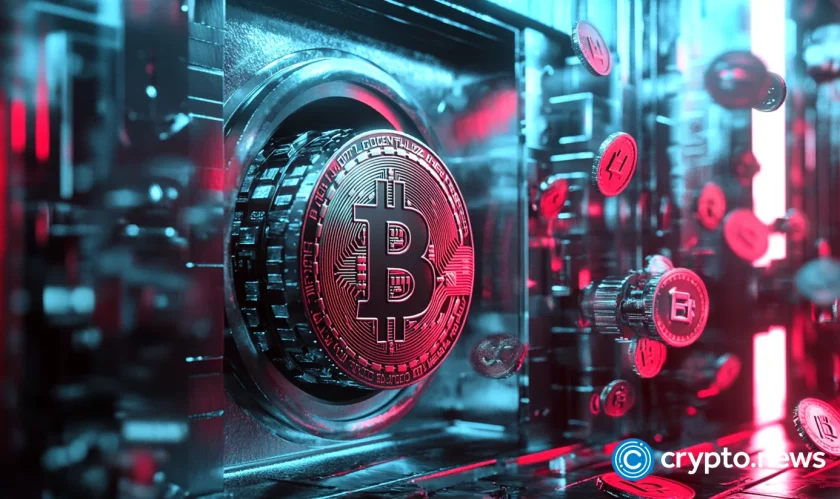“The defendants ran a scam to drive up the price of digital artwork through false promises about developing a videogame,” U.S. Attorney Damian Williams said in a statement. “They allegedly took investor funds, never developed the game, and pocketed the proceeds. Digital art may be new, but old rules still apply: making false promises for money is illegal.”
U.S. Charges Three in Connection With Evolved Apes NFT Scam



